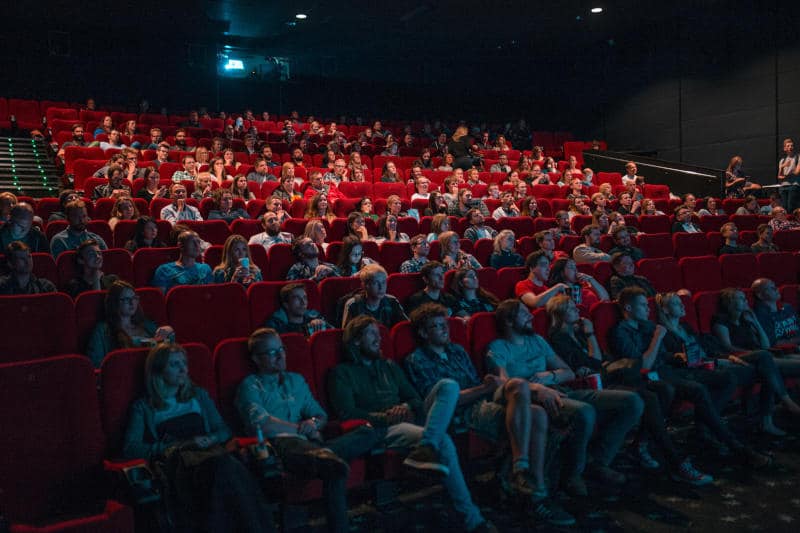
Due Credit – how to credit people on board games (Topic Discussion)
- Nelly
- July 8, 2024
- Board Games
Board games are a fun and engaging way to spend time with friends and family. Whether you’re a fan of classic games like Monopoly and Scrabble or enjoy more modern offerings like Settlers of Catan and Ticket to Ride, there’s something for everyone in the world of board gaming. However, many people may not be aware of the importance of giving due credit to the creators, designers, and artists behind these games.
When we play board games, we often focus on the mechanics and gameplay, while overlooking the incredible amount of time and effort that goes into creating these experiences. Board games are a labor of love for many designers, who spend countless hours developing and refining their ideas to create something truly special. From the initial concept to the final product, every aspect of a board game is carefully crafted and meticulously planned.
One way to show appreciation for the hard work that goes into creating board games is by giving due credit to the people behind them. This can be done in a variety of ways, whether it’s through acknowledging the designer in the rulebook, mentioning the artist on the box cover, or simply sharing information about the creators on social media. By recognizing and crediting the individuals responsible for bringing these games to life, we can help support and promote their work within the board gaming community.
Giving credit where credit is due is not only a matter of respect, but also an important aspect of building a positive and inclusive board gaming community. By shining a spotlight on the talented individuals who contribute to the world of board games, we can help raise awareness and appreciation for their work. This can also encourage others to pursue their own creative endeavors and inspire a new generation of designers, artists, and collaborators.
In addition to recognizing the creators of board games, it’s also important to acknowledge the cultural and historical influences that may have inspired the game. Many board games draw inspiration from a wide range of sources, including literature, folklore, mythology, and history. By understanding and acknowledging these influences, we can gain a deeper appreciation for the game and its thematic elements.
In conclusion, giving due credit to the people behind board games is a simple yet impactful way to support and promote the hobby. Whether it’s recognizing the designer, artist, or any other individual who contributed to the game, acknowledging their efforts helps to create a more inclusive and respectful community. So next time you sit down to play a board game, take a moment to consider the creative minds behind it and give them the credit they deserve.


